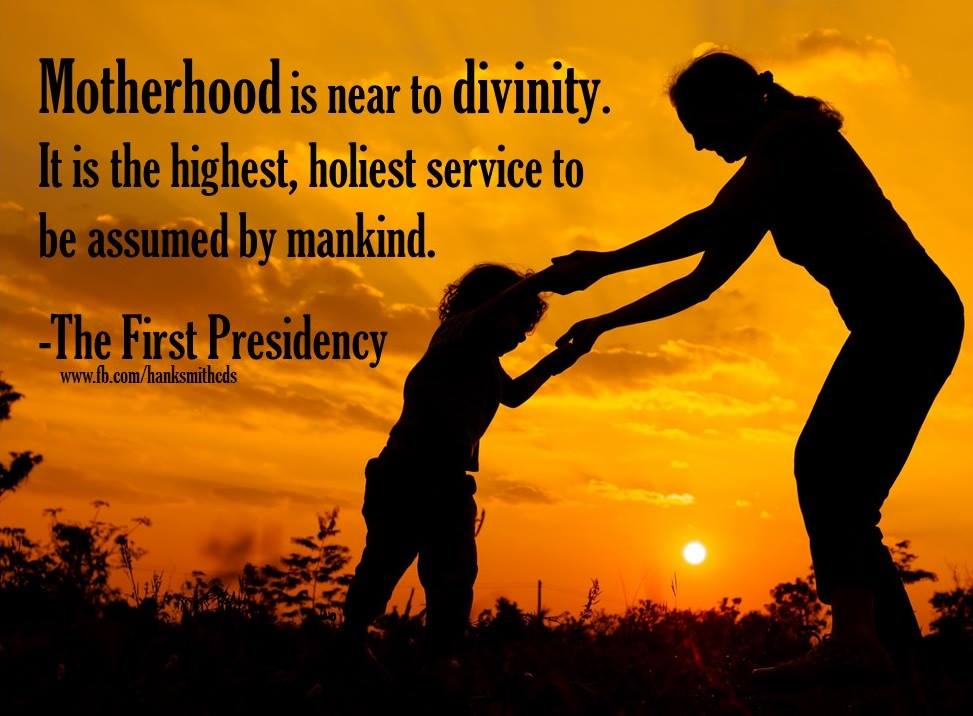
I don’t remember being born. I’ve never met anyone who does remember being born. I can’t imagine it would be a pleasant memory. For months you relaxed in a warm, dark, and cozy water-balloon home gently rocked back and forth to the sound of a muffled but familiar voice. The nutrients in your mother’s blood constantly fed you. And then one day it all changed. You are forced, rather tightly, into a very cold, overwhelmingly bright existence of noise, prodding, and shots in the leg. The days of Jacuzzi warm water and entertaining kicks into your mother’s ribs were gone. It is almost as if we say, “Welcome to life. Feel that? That is pain. You’ll get used to it.”
I’ve seen five babies born in my life. I’ll be honest, each birth looked painful for both mom and baby. I did my best to encourage my wife and she was nice to me, but I think my presence really didn’t do much for her. Looking back, I must have annoyed her with my questions. I would ask, “That looks like it hurts. Does it hurt?” Or I would hold up my camera and say, “Smile Sweetie!” In the end, the sound of a new child’s little cry being quieted by their mother’s familiar voice made each day entirely unforgettable for both of us.
In John 3, the Savior has a short, but powerful conversation with a genuinely interested Pharisee named Nicodemus. Nicodemus first brings up all the miracles Jesus has performed, but the Savior responds by saying, “Except a man be born again, he cannot see the kingdom of God.” Nicodemus responds by asking a question. I really hope he meant it as a rhetorical question. He asks, “How can a man be born when he is old? can he enter the second time into his mother’s womb, and be born?” If I was present for this conversation, I’m sure I would have said something entirely inappropriate. I probably would have blurted out. “Oh man, that sounds painful!”
Nicodemus didn’t understand that the Savior meant that all men and women must go through a spiritual rebirth in order to see the Celestial Kingdom. He was talking about a beautiful transformation that turns a sinful human being into a righteous saint. A man or woman who used to desire worldly lusts and praise is changed into a person who truly desires goodness and virtue. The natural man is killed and the saint is born.
Our physical birth and our spiritual birth have some incredible similarities. In Moses 6:59, the Lord explains that just like when you were “born into the world by water, and blood, and the spirit” ye have to be “born again” of “water, and of the Spirit, and be cleansed by blood.” Many people realize that a baptismal font represents a grave where we bury the old, natural man. But many don’t realize that the font also represents a womb. Our new person is completely immersed in water and brought out. Although it isn’t so painful this time and nobody shouts, “It’s a girl!”
Just like your body and your spirit were joined in the womb, your soul and the Holy Ghost are now joined in your confirmation. You are constant companions. Without the spirit, a physical body doesn’t do so well. It dies. When we lose the Holy Ghost through sin, we die spiritually.
But what about the blood? In your physical birth, who provided the blood for your new life? Your incredible mother. She shared and sacrificed so you would be nourished, so you would grow. Who provides the blood in the spiritual birth? The Savior. He shared and sacrificed his life so you could be born again. In this way, a woman is a walking talking moving symbol of the Lord Jesus Christ – one who gives life through their own blood.
Is it any wonder that Isaiah, that prophet of prophets, uses a mother as an analogy to teach us about Christ? From the Lord’s perspective Isaiah wrote, “Can a woman forget her sucking child, that she should not have compassion on the son of her womb?” (Isaiah 49:15) The Lord is saying, “I gave you life. I love you as a mother loves her child.” If we open our hearts, the mothers and other women in our lives, can teach us more about Christ than we ever imagined.